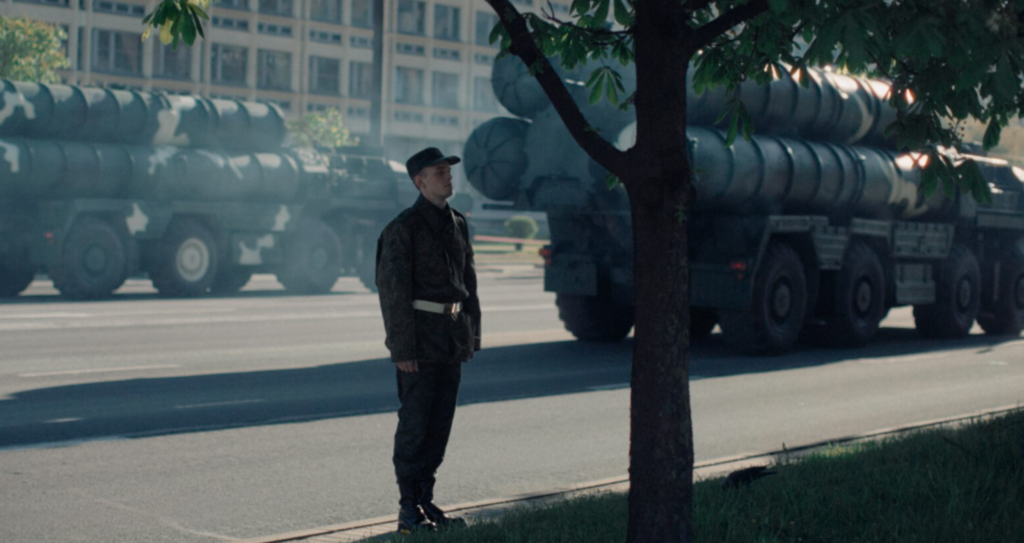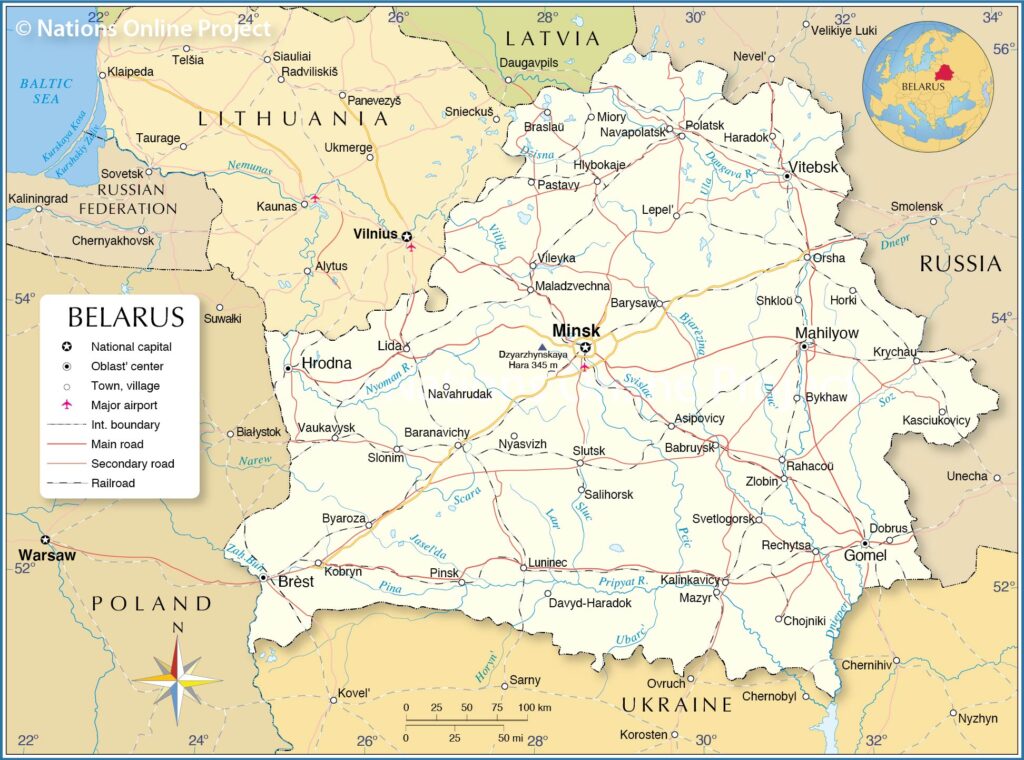
By Gregory Crofton
What does it feel like to live in a fascist state ruled by a dictator named Alexander Lukashenko?
Directors Alexander Mihalkovich and Hanna Badziaka show in their 92-minute film “Motherland” that it makes life painful and confusing, especially for young men who have been drafted into the military.
Belarus, a country to the west of Russia and north of Ukraine, gained its independence from the Soviet Union in 1991. By 1994 Lukashenko had become the country’s first president. Ever since then he has crushed public protests with violence and censored the media.

Back when Belarus was still part of the Soviet Union, Lukashenko worked as the director of a state farm and served in the military. And many traditions from mother Russia remain as part of life in Belarus under Lukashenko.
One of these traditions is “dedovschina,” or the act of bullying new military recruits. Literal translation of dedovschina is “rule of the grandfathers.” The American translation would be “hazing,” a torturous act practiced in fraternities at colleges across the U.S.
“Motherland” succeeds in conveying the mood and sensations of this hellish place with long shots and many real scenes of day-to-day life. It is a film that requires patience and perseverance, but there are payoffs.
Like one scene outside a jail where a crowd of nervous friends and family await the release of protesters. They listen to screams from inside the jail while they stand outside a wall rimmed with barbed wire.
Eyes dart back and forth as they try to spot their loved ones in the stream coming out. “They’re coming, don’t applaud,” says one. “Who needs medical help?” says another.
“Why not applaud, it’s normal?” says another.
“Normal? If we applaud they beat them even more.”
“Motherland” had its world premiere last month at CHP:DOX, a documentary festival held in Copenhagen, Denmark.
